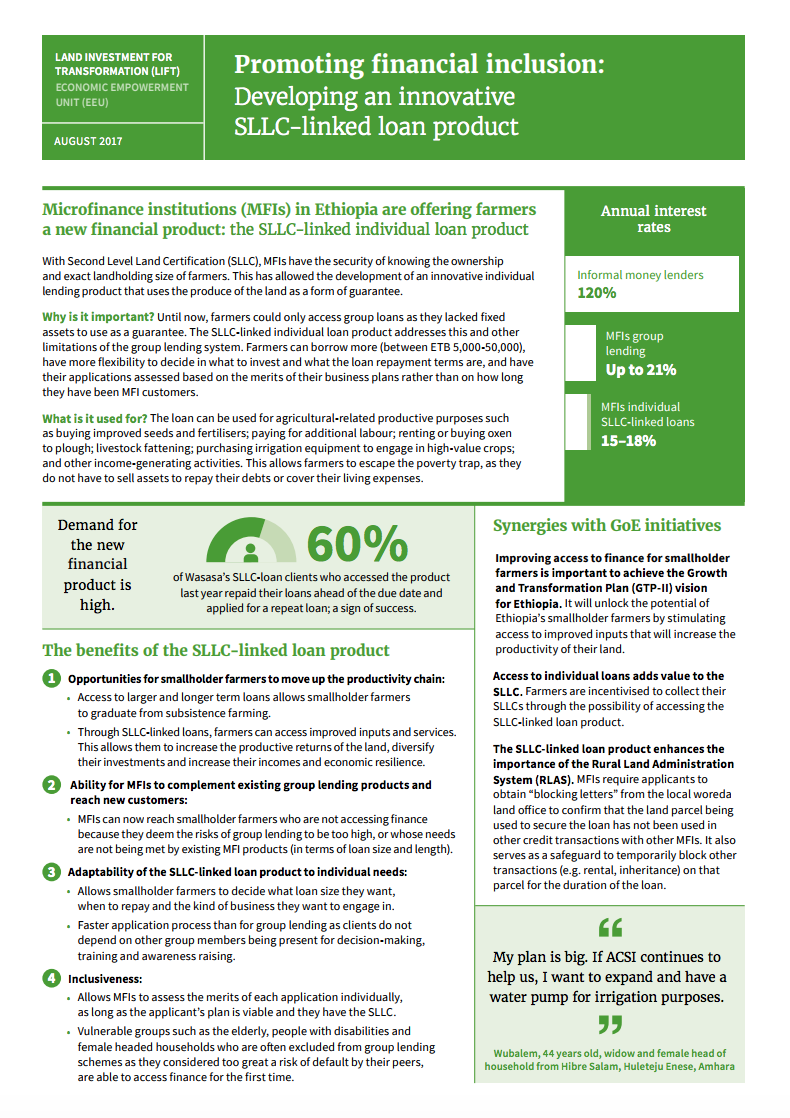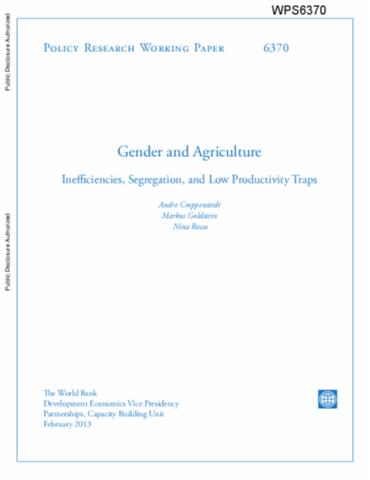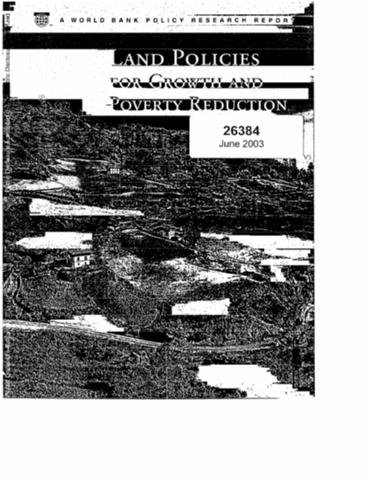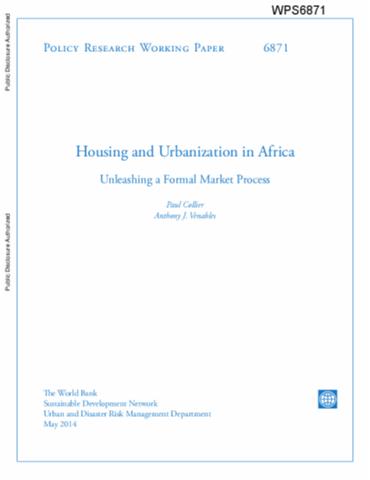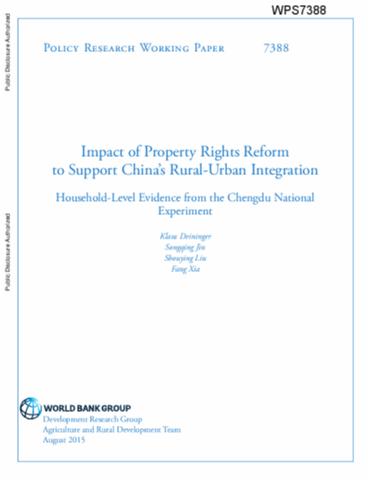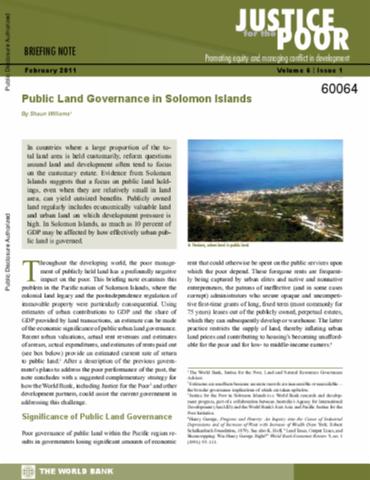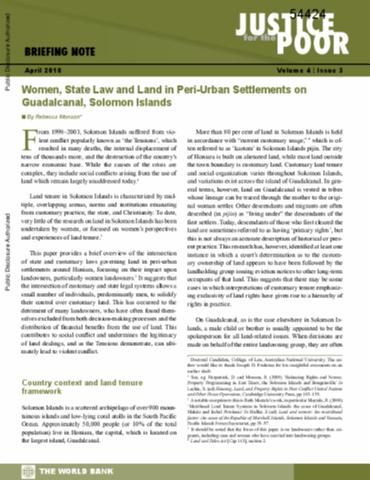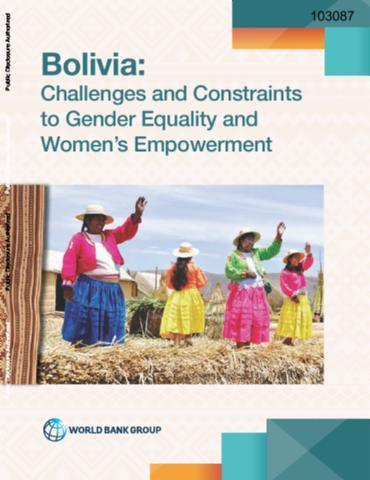This is our home - it is our land, our history and our right
For a number of years, community structures and civil society organisations have expressed concerns with the failings of the government’s land reform programme. There have been growing calls for a review of the land reform programme framework to address issues which impact on the tenure security and livelihoods strategies of rural communities in South Africa.


